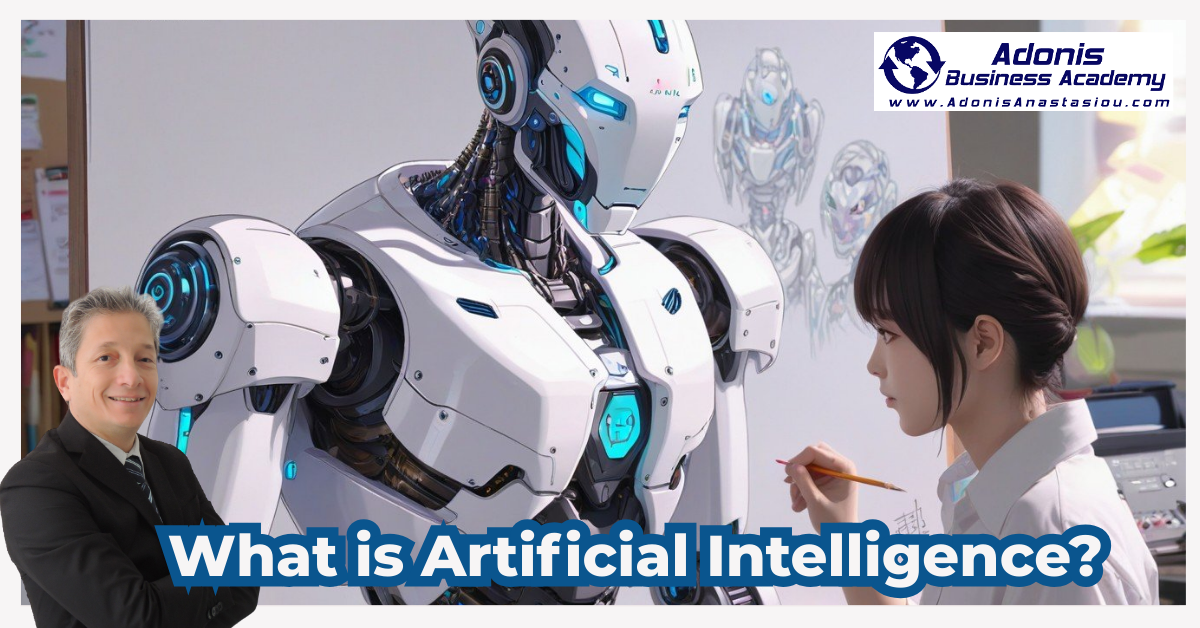
What is Artificial Intelligence
What is Artificial Intelligence?
Artificial intelligence (AI) is a field of computer science that focuses on creating intelligent machines that can mimic certain aspects of human intelligence, such as learning, thinking, and problem-solving. AI has a long history, dating back to the early 20th century. However, its rapid advancement is primarily attributed to the development of computers, which have become much more powerful and can process vast amounts of data.
AI has applications in a wide range of fields, including healthcare, automotive, finance, defense, education, and entertainment. Some examples of AI applications are:
• Facial recognition and speech recognition
• Machine translation
• Developing new drugs
• Self-driving cars
• Interactive robots
AI is expected to have an increasingly profound impact on our lives in the future. Many experts believe it will lead to a new technological revolution, transforming the way we live, work, and interact with the world around us.
Types of Artificial Intelligence
Artificial Intelligence can be broadly categorized into two main types:
• Narrow Artificial Intelligence (Narrow AI): Narrow AI systems are designed to perform specific tasks, such as facial recognition or language translation.
• General Artificial Inteligence (General AI): General AI systems are designed to perform a wide range of tasks, such as learning, problem-solving, and creativity.
Narrow AI is the most prevalent form of AI today. Narrow AI systems are used in a variety of applications, such as personalized content on the internet, customized recommendations, and task automation.
General AI is still under development. However, the progress made in recent years has been impressive. For instance, Google’s AlphaGo system defeated the world’s Go champion in 2016, and OpenAI Five’s system won the world Dota 2 championship in 2019.
The Ethics of Artificial Intelligence
The development of AI raises a number of ethical concerns. For example, there is concern about the potential for AI systems to be used to violate human rights, such as racial discrimination or bias. Additionally, there is concern that AI systems could become so powerful that they could threaten human dominance.
It is crucial to explore and address these ethical issues to ensure that AI is developed responsibly.
Conclusion
Artificial Intelligence is a rapidly evolving technology with immense potential. However, it is essential to recognize that Artificial Intelligence is not a magic bullet for all problems. AI development must be conducted responsibly and with respect for human dignity.
Seminar “Digital Marketing Strategies With Artificial Intelligence”
For more information about the seminar on artificial intelligence just CLICK HERE



